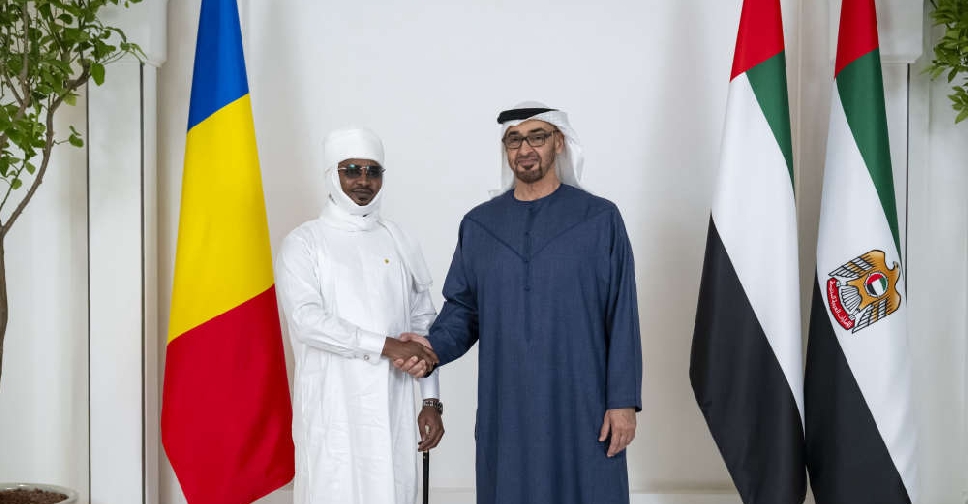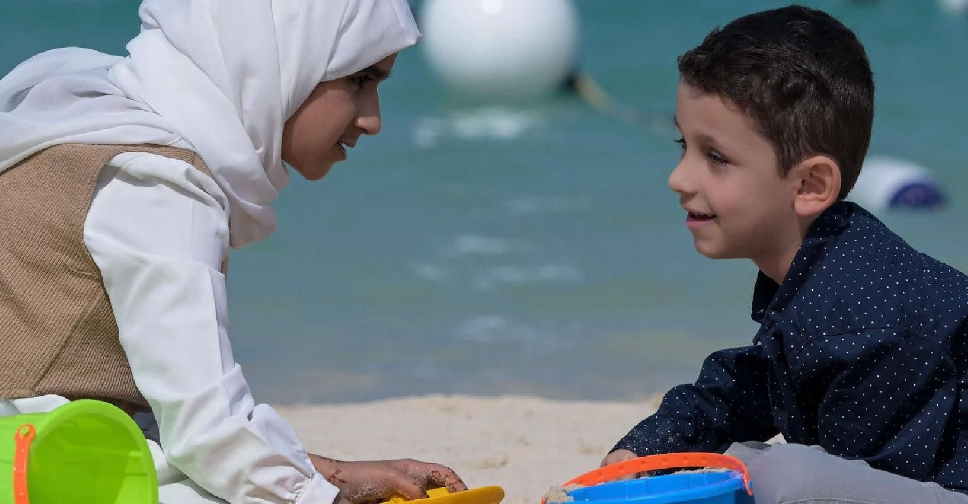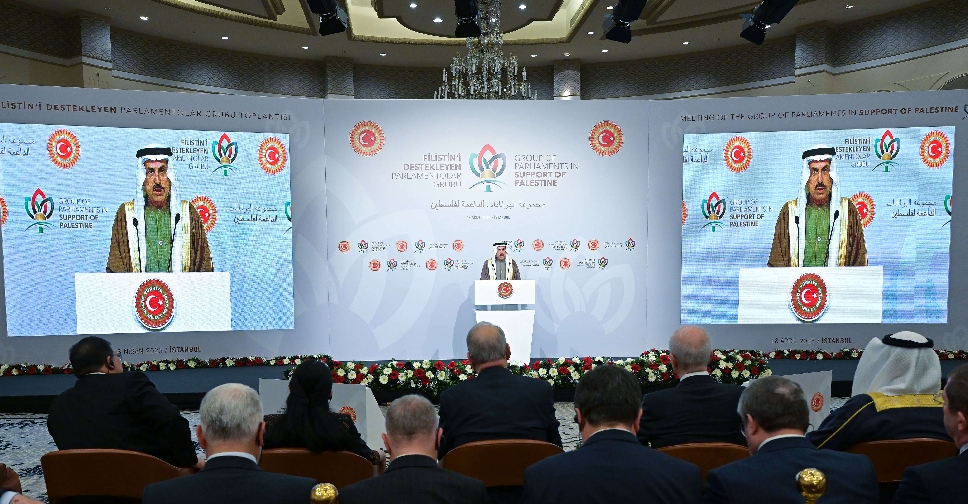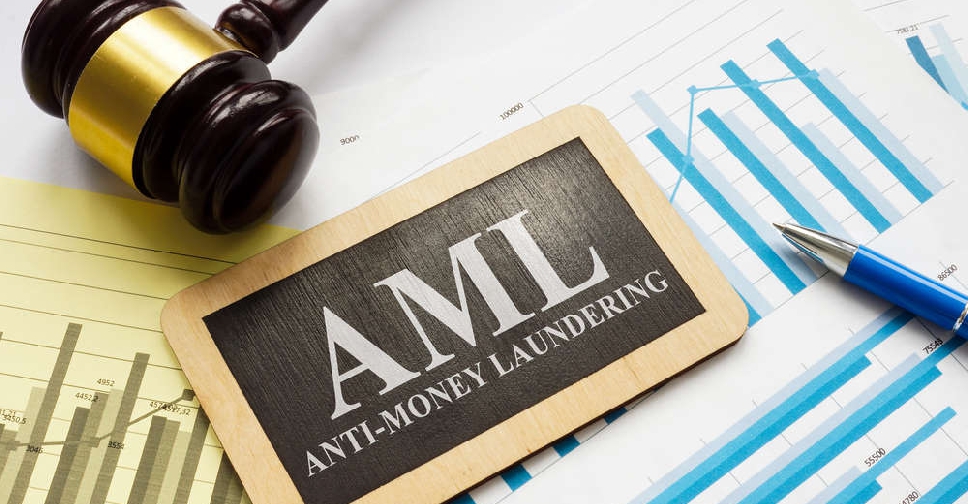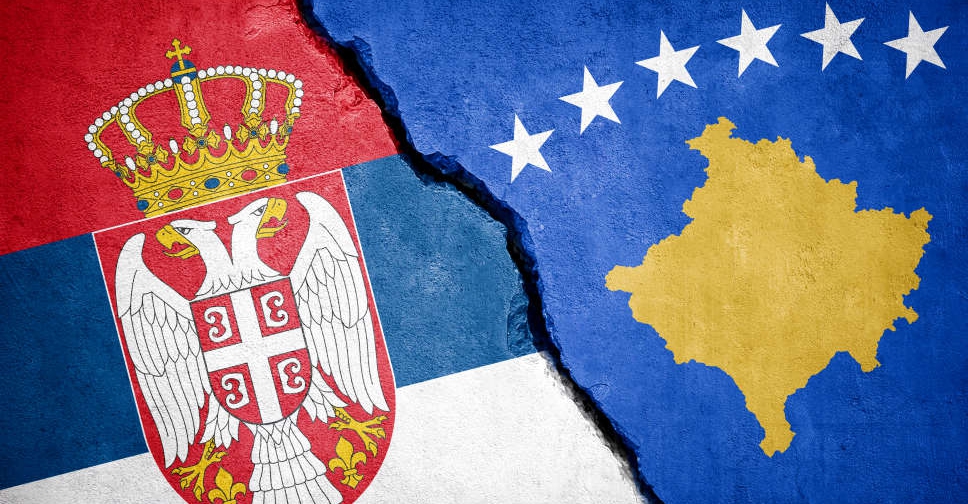
The European Union Special Envoy Miroslav Lajcak urged Serbia and Kosovo to return to dialogue on normalising ties to avoid repeating last month's violence in northern Kosovo.
Tensions between Belgrade and Pristina have run high since September 24, when around 30 armed Serbs stormed the village of Banjska in Kosovo's predominantly Serb north and barricaded themselves into a Serbian Orthodox monastery.
Police recaptured the monastery after a shootout in which three attackers and a Kosovo police officer were killed.
"The attacks in Banjska have changed many things, and they need to be properly investigated...At the same time, the dialogue must continue," Lajcak said after meeting Kosovo Prime Minister Albin Kurti.
"If there is no dialogue, there might be a repetition of escalation."
Last month's gunbattle prompted new international concern over stability in Kosovo, which has an ethnic Albanian majority and declared independence from Serbia in 2008 after a guerrilla uprising and a 1999 NATO intervention.
Lajcak is visiting the region with the United States Special Envoy for the Western Balkans, Gabriel Escobar, and representatives of France, Germany and Italy.
After discussions with Kurti, the group will travel to meet Serbian President Aleksandar Vucic later on Saturday.
Some 50,000 Serbs who live in north Kosovo do not recognise Pristina's institutions and see Belgrade as their capital. They have often clashed with Kosovo police and international peacekeepers, but last month's violence was the worst in years.
Lajcak urged Pristina to start establishing an association of Serb municipalities to allow greater autonomy for Serb-majority areas. Kurti has rejected the proposal, arguing that autonomy could lead to the secession of the Serb-majority area and its unification with Serbia.
Pristina authorities have accused Belgrade of arming and supporting the Serb fighters in Banjska, something Serbian authorities have denied.
Lajcak urged Belgrade to investigate the events and punish any perpetrators in its territory.
Serbia refuses to recognise the independence of Kosovo and considers it still part of its territory.


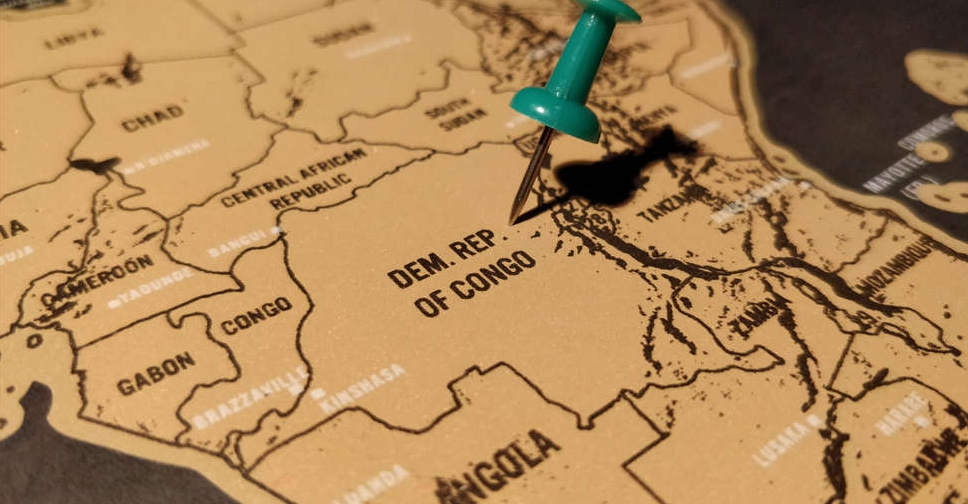 At least 148 people die after boat catches fire in Congo
At least 148 people die after boat catches fire in Congo
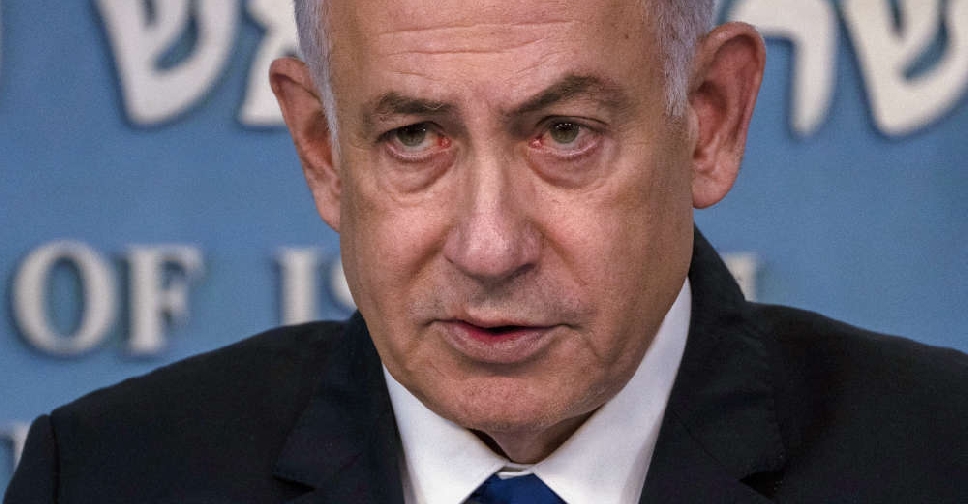 Israel still eyeing a limited attack on Iran's nuclear facilities: Reuters
Israel still eyeing a limited attack on Iran's nuclear facilities: Reuters
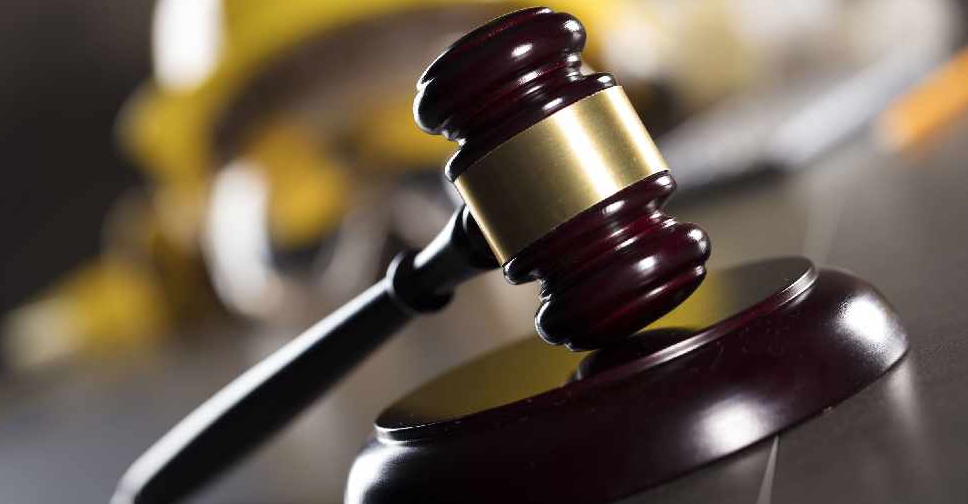 US judge halts Trump plan for rapid deportations to third countries
US judge halts Trump plan for rapid deportations to third countries
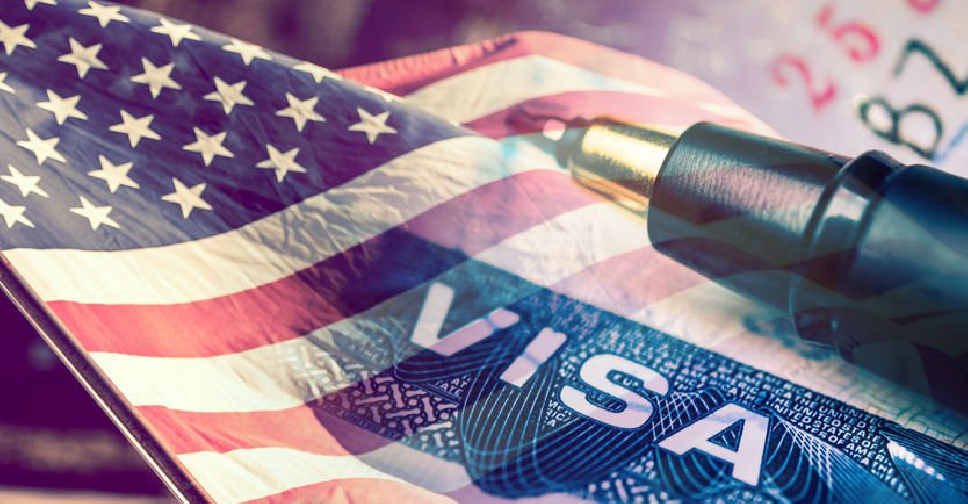 US orders Gaza-linked social media vetting for visa applicants
US orders Gaza-linked social media vetting for visa applicants
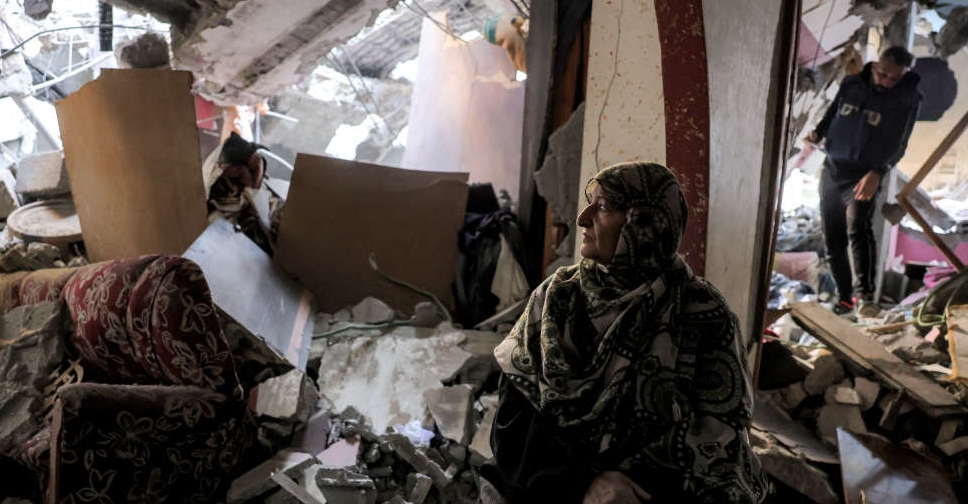 Israeli strikes hit dozens of targets in Gaza as ceasefire efforts stall
Israeli strikes hit dozens of targets in Gaza as ceasefire efforts stall
